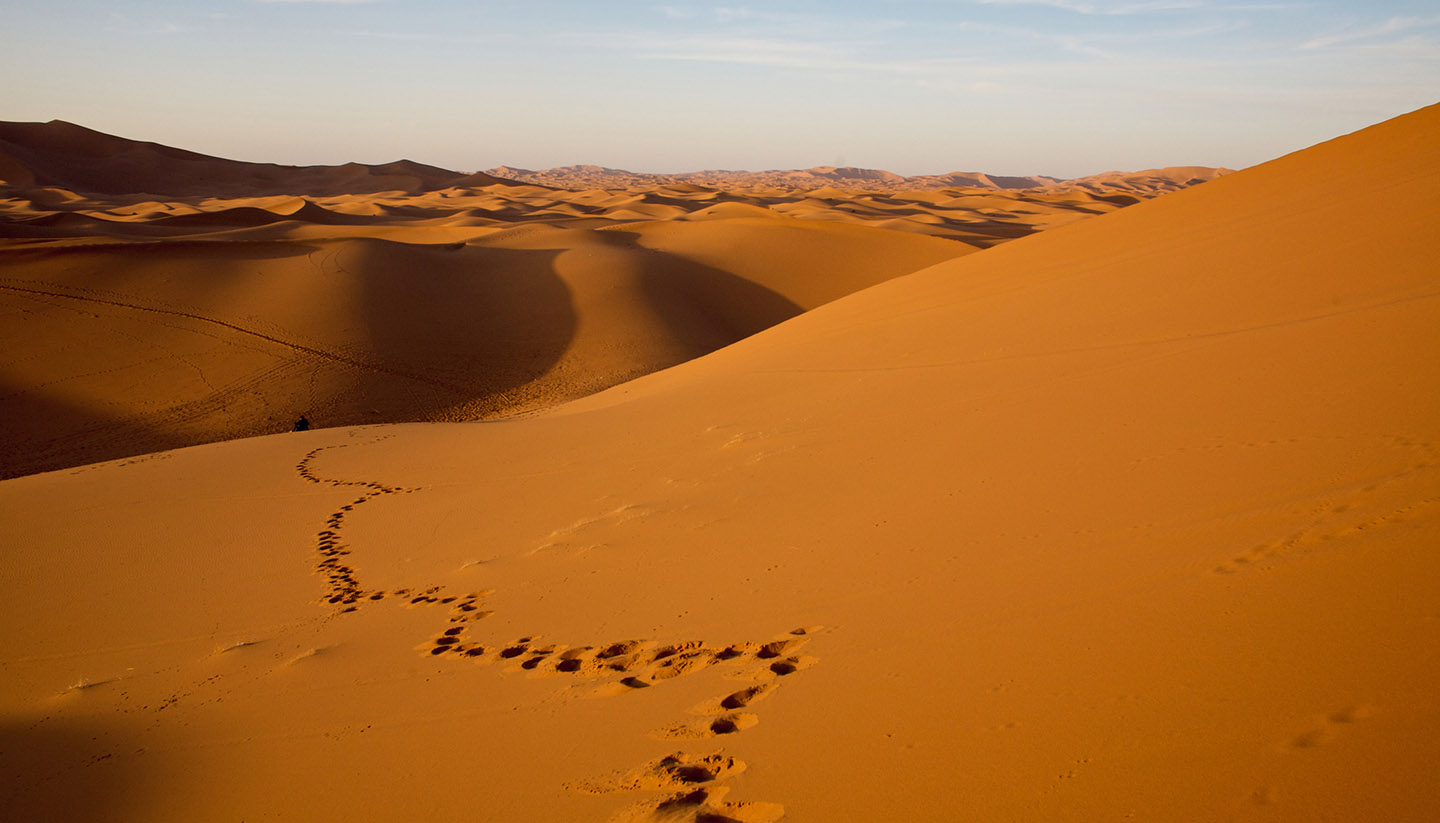Mauritania: Doing business and staying in touch
Doing Business in Mauritania
Use forms of address as for France, eg 'Monsieur le Directeur'. It is essential that businesspeople have a sound knowledge of French, as very few executives speak English.
Office Hours
Sun-Thurs 0800-1500.
Economy
More than half the population is engaged in subsistence agriculture, mostly in the Senegal River valley. The quantities produced are insufficient to meet domestic needs and Mauritania relies on imports of basic foodstuffs.
Mining is Mauritania's principal industry. There are plans to exploit the country's copper reserves, which were long thought uneconomic, as well as newly located diamond deposits. Offshore drilling for oil and gas fields has begun.
Nonetheless, Mauritania's financial position remains precarious and it will remain an exceptionally poor country for the foreseeable future and a major aid recipient, with other Arab countries as the main donors. The economy grew by 5.4% in 2005; inflation was 17.1% in the same year.
GDP
US$1.6 billion (2006).
Main exports
Iron ore, fish and fish products and gold.
Main imports
Machinery and equipment, petroleum products, capital goods, food and consumer goods.
Main trading partners
China, France, Italy, USA and Belgium.
Keeping in Touch in Mauritania
Telephone
Outgoing international calls must go through the operator.
Mobile Phone
Roaming agreements exist with some international mobile phone operators. Coverage is limited to urban areas.
Internet
There are several Internet cafes in Nouakchott.
Media
Mauritania's TV and radio stations are state-owned. As such, coverage favours the government and opposition access to is limited. Newspapers are in French and Arabic. Under press law, newspapers can be banned for publishing material that is perceived to threaten national security or undermine Islam.
Post
International postal facilities are limited to main cities. Airmail to Europe takes approximately two weeks.


